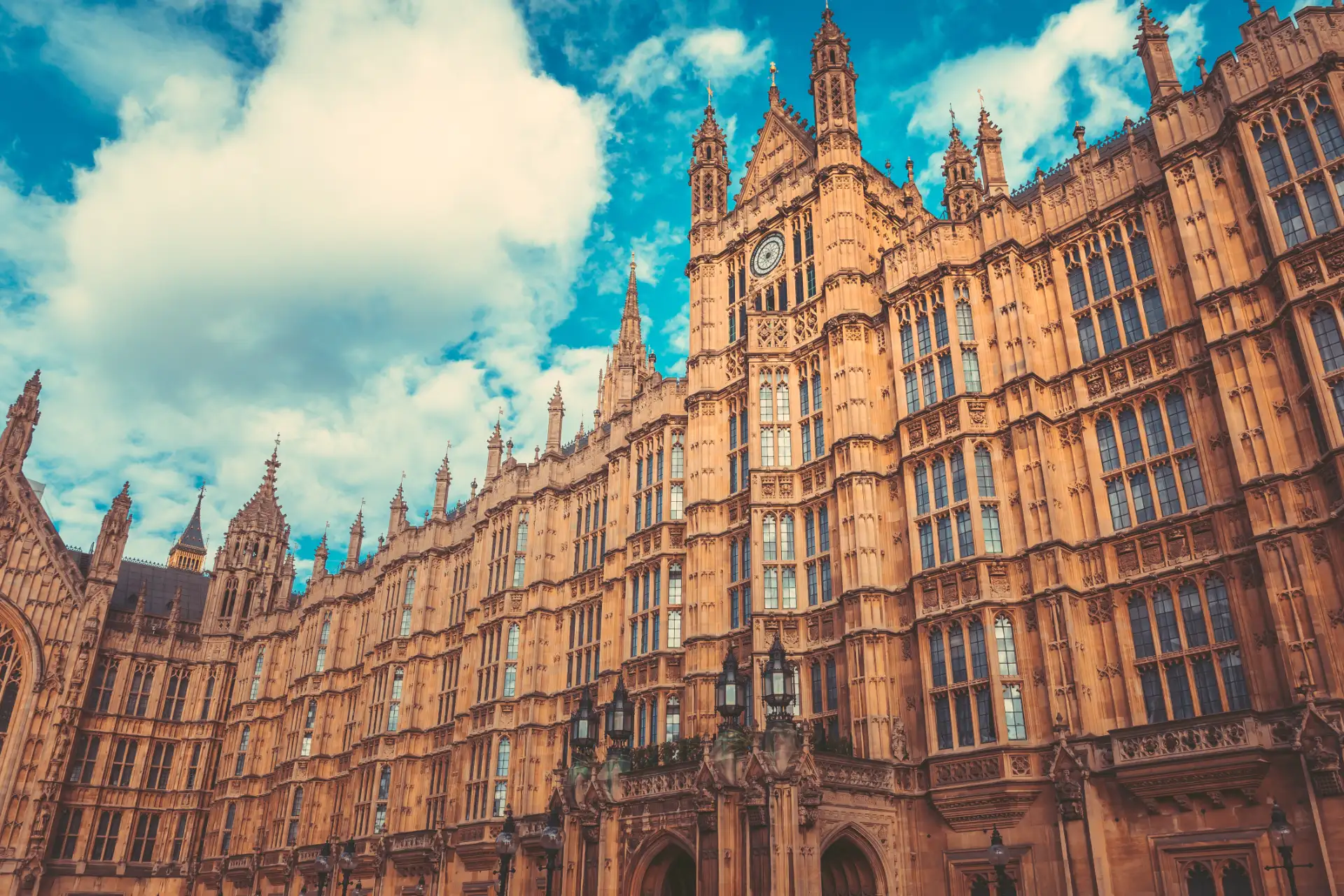The Employment Rights bill (ERB) is approaching royal assent, with the House of Lords set to consider the Commons’ reasons for rejecting the latest amendments proposed by the House of Lords on 28 October 2025. The House of Lords proposed a number of amendments to the ERB at the report stage. On 15 September, the House of Commons rejected these amendments. This was not unexpected as many of the amendments were not in line with Labour’s election commitments. Some of the rejected amendments were:
- Retaining a six-month qualifying period for unfair dismissal – This was rejected by the House of Commons as protection against unfair dismissal should be from the beginning of employment.
- The right to request a guaranteed hours contract – This amendment was proposed to replace a duty for employers to provide a guaranteed hours contract. The amendment providing the right to request a guaranteed hours contract was rejected as workers in certain circumstances should have guaranteed hours.
- Short-notice shift cancellation – The amendment proposed to define “short-notice” as 48 hours when cancelling shifts. The House of Commons rejected this as it would “pre-empt consultation and limit the government’s discretion”.
- The right to be accompanied by a certified professional at disciplinary and grievance proceedings – The House of Lords amended the ERB to include a provision permitting employees to be accompanied by a “certified professional companion”. This was rejected by the House of Commons as there would be an increase in “cost, complexity and length of such hearings” if employees were allowed to bring companions other than trade union officials or other workers.
- Turnout threshold for industrial action – The House of Lords wanted to retain the turnout threshold for industrial action ballots of 50%. This was rejected by the House of Commons as this threshold should be removed.
- Trade union contribution to political funds – The House of Lords retained the requirement for trade unions to opt their members out of contributions to political funds where they have not opted in, but the House of Commons rejected this saying the requirement for trade union members to opt in to political contributions should be removed.
- Whistleblowing – the House of Lords proposed regulations which would extend the protection against unfair dismissal for whistleblowers. It also suggested an amendment which would impose a duty on employers to investigate protected disclosures. These were rejected by the House of Commons as they were “inappropriate”.
- Consulting with Small and Medium Enterprises (SMEs) – The House of Lords added a requirement for the government to consult with at least 500 SMEs on the potential effects of Part 1 of the ERB. Part 1 of the ERB includes the changes to zero hours contracts, flexible working, sick pay, holiday pay, parental leave, harassment rights and unfair dismissal rights. The House of Commons rejected this as unnecessary.
- Defining seasonal work – The House of Lords suggested that seasonal work should be defined and considered when making regulations under Part 1 of the ERB. The House of Commons rejected this as unnecessary.
It is likely that the rejections by the House of Commons will be accepted due to parliamentary convention. Royal assent is expected not long after the Lords’ sitting on 28 October 2025.



